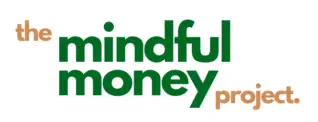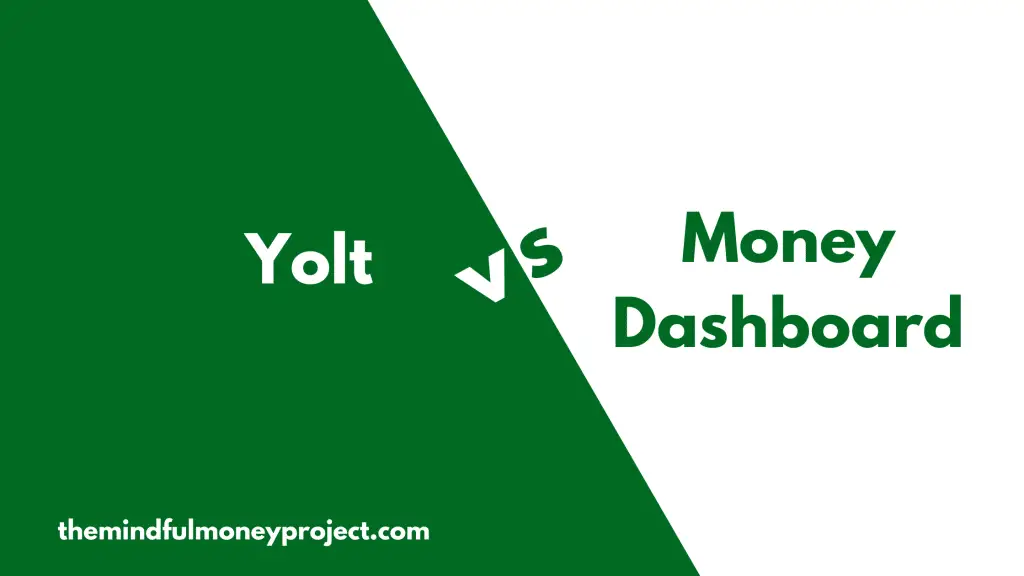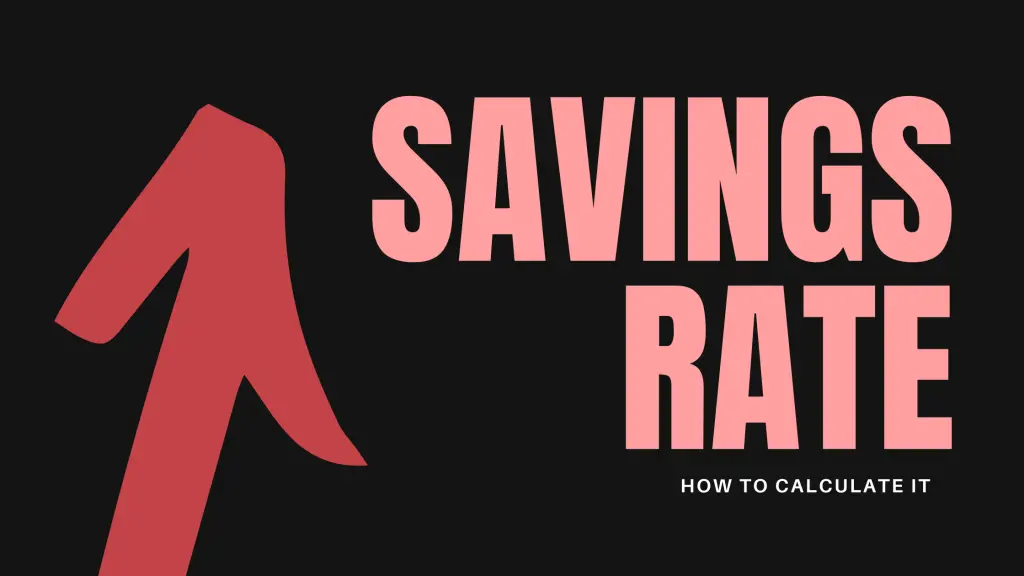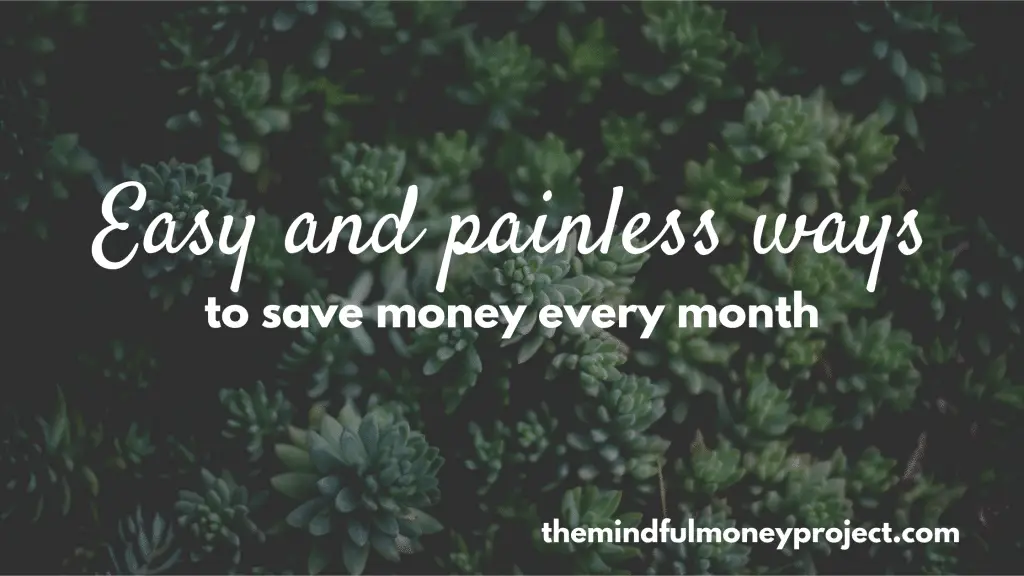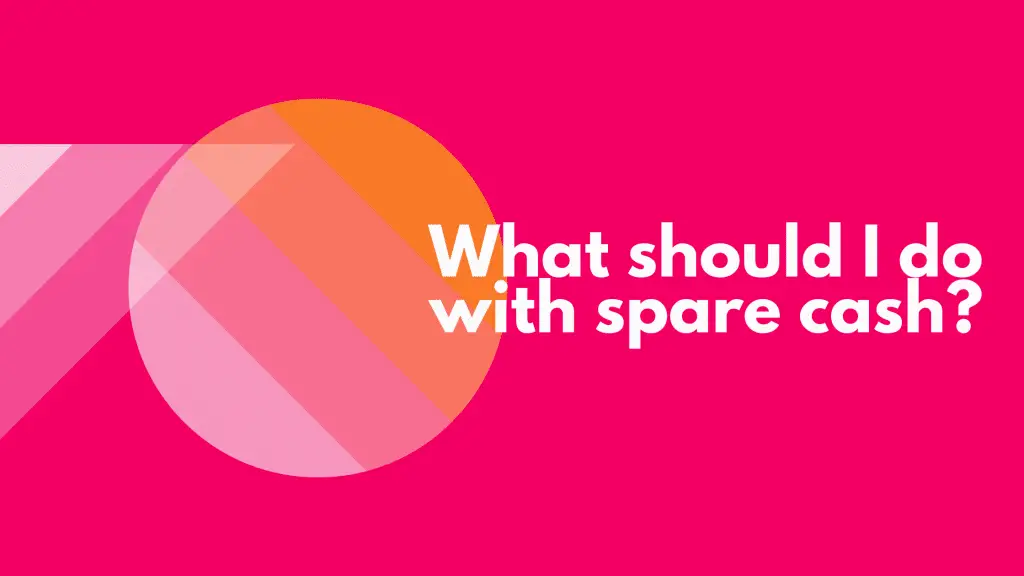We have an app for everything nowadays. Using an app can remove the heavy lifting needed to stay on top of your finances, but which one is the right app to use? I know there are lots of options, so in this article we’ll put two of the biggest head-to-head. Yolt vs Money Dashboard, who will win? Keep reading to find out…
Update: Yolt has announced they are closing down their service from 4th December 2021.
What is Yolt
Yolt is a money management app that connects your separate bank accounts so you can view and track your spending all in one place. Their aim is to “give everyone the power to be smart with their money”.
We believe that staying on top of your money shouldn’t be a hassle. That’s why we built Yolt with a fresh approach, smart insights and easy actions, so you can make the most of life.
Pauline Van Brakel – Yolt CPO
It is an ING Bank venture, meaning it has the support, funding and security know-how of a big retail bank.
Launched in the UK in 2017, the app boasted 500k users within its first 18 months, and have now expanded to Italy and France.
Yolt uses the Open Banking API to connect your bank accounts.
You can find my full standalone Yolt review here.
What is Money Dashboard
Money Dashboard is one of the UKs leading fintech companies, and has won the 2018 British Bank award for best personal finance app.
The app boasts over 500,000 users and is available online (as a web app), on iOS and on Android.
In early 2020 they completely redesigned their platform, introducing their new version of the app which uses Open Banking. This new version was originally branded “Money Dashboard Neon”. The old version is now branded as “Money Dashboard Classic” however is going to continue to be supported.
You can find my full standalone Money Dashboard review here.

Yolt vs Money Dashboard – Let’s Start The Comparisons
Connecting Bank Accounts
This is the bread and butter of apps like this. Both use the Open Banking API and so will be able to connect to financial institutions that have this enabled.
Money Dashboard has the ability to add offline accounts, whereas Yolt does not on its Android app (it does on iOS). This is a handy feature to have when you want to add any unsupported savings or investments accounts or additional loans/liabilities to get an accurate picture of your net worth.
Find out the full listing of compatible banks for each app from the below links:
Categorising Transactions
Both use an algorithm to tag up transactions to the most appropriate category.
With both apps, you can update these categories easily and apply the same change against all other transactions from the vendor.
However, Yolt doesn’t allow the ability to create custom categories whereas Money Dashboard does. A big win for Money Dashboard here.
Analytics
Yolt allows you to see your spend by category vs budget, by merchant and over time. And they have some handy visualisations such as a pie chart of the categories that are gobbling up your budget, as well as bar charts for your categories’ spend over time.
Money Dashboard also provides some analytics within the app, but these aren’t as intuitive or effortless as Yolt (not to mention as beautiful).
However, Money Dashboard also has a web-app (available in your browser) and within this web app it is able to surface much more helpful insights than its iOS or Android app.
For this one, Yolt takes the win.
Budgets
Both are able to specify budgeted amounts for the category, and both are able to track spending against these amounts over the remainder of the time period.
However, Money Dashboard wins this round for two reasons:
- You can create custom budget categories (discussed above)
- It’s “Spending Plan” feature
This Spending Plan feature takes your balance and applies the remaining balances of your budget items to arrive at a prediction for how much money you’ll have left at the end of the month.
This might not be useful if you operate a so called zero-based budget where every pound of your money has a home the minute you get paid. But if you don’t, then you’ll find this feature really useful when you are faced with a decision to spend (“should I buy that damn fifth beer?!”).
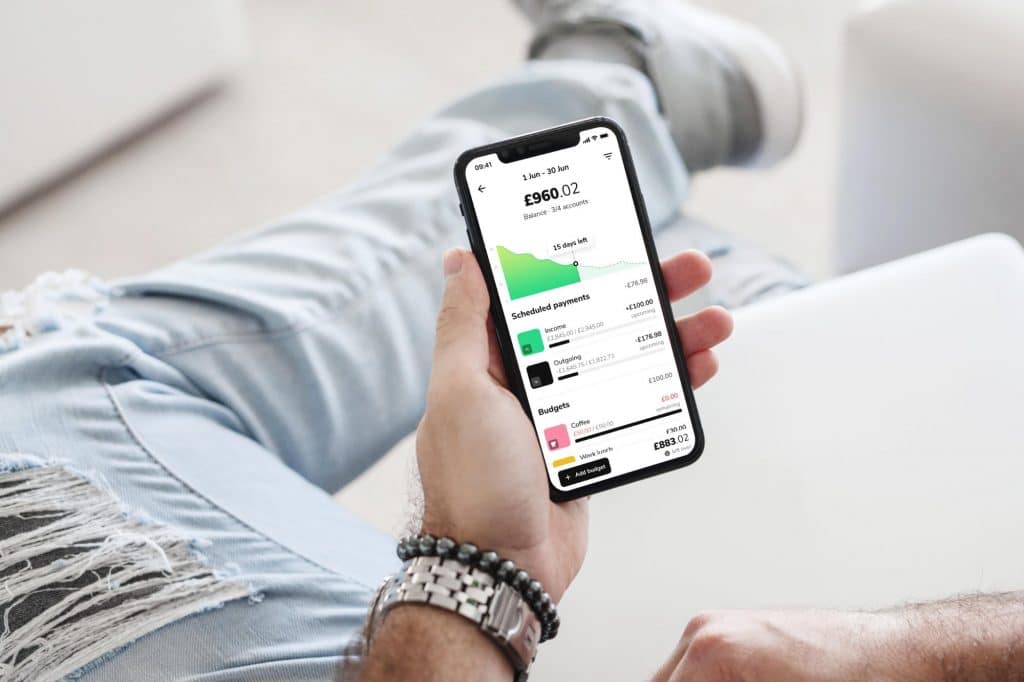
Payday Flexibility
Both apps give you the option to set your budgeting period to your payday period rather than a standard calendar month. Neck and neck here!
Subscription Tracking
Even though both apps have the ability to track committed/scheduled payments (i.e your recurring subscriptions), Yolt takes the win here.
Yolt gives you the option to add data such as your renewal date for the recurring subscription as well as changing the predicted amount.
Having the ability to know the renewal dates all in one place can give you a handy reminder to call up your utilities/insurance/entertainment subscription providers to renegotiate when the time is right!
Platform
Yolt is available on iOS and Android, but has no web app.
Money Dashboard is available on iOS, Android and has a web app.
Due to this extra flexibility, Money Dashboard takes the win here.
Security/Privacy
Yolt is part of the ING Bank network and as such operated bank-level security and is authorised and regulated by the FCA.
Money Dashboard is similarly authorised and regulated by the FCA and operate bank-level security which is routinely inspected, tested and audited by qualified security and data specialists.
Do bear in mind though that Money Dashboard aggregates and anonymises the information from its users to sell on to third parties in the form of market research and insights.
Monetisation
Yolt makes money via taking commissions from third party service providers if you take out a service with them. For example if you open a savings account, combine pensions or open an investment account.
Money Dashboard makes its money from taking commissions the same as Yolt does if you take out a service with a third party provider from within the app, but they also earn revenue from providing market research and other insight based on aggregated and anonymised data from its users i.e aggregated spending data.
Price
Both Yolt and Money Dashboard are free.
Ease
Yolt is a very simple and intuitive app, with a good onboarding process to familiarise you with the app.
Money Dashboard also has a good onboarding process, but some of the key features such as its budget tracking is a little bit too hidden away for my liking.
Yolt takes the win on ease of use due to this.
Conclusion: Yolt vs Money Dashboard
Both are good budgeting and spend tracking apps, however Money Dashboard takes the win for me due to its added flexibility from being able to create custom categories and access the web app version.
However, if the idea that they use your data to sell on as market research (although note this is aggregated and anonymised so nothing is able to be tracked to individuals), then you’ll be better off with either choosing Yolt or looking at an alternative such as Emma.
Other articles you might find useful:
I hope you found this Yolt vs Money Dashboard head-to-head helpful! If you have used both of these apps, I would love to hear your views in the comments section below.
How Do I Invest In The Metaverse?
Heard Facebook rebranded its corporate identity to Meta? This was the first introduction to the…
How To Cancel Hellofresh Subscription UK
Bored of the meal kits or want to try a competitor? We get you. We’ve…
How To Cancel eHarmony UK
Looking to cancel your eHarmony account in the UK in a few easy steps? Look…
Moneyfarm vs Nutmeg – The Battle of the Robo Advisors
Looking to invest to reach your financial goals? Fortunately investing nowadays is much more accessible…
Are Money Saving Apps Safe?
Ah apps. Love them or hate them, they are an increasingly important part of our…
How To Calculate Your Savings Rate (Your Personal Profit!)
At its core, your savings rate is a fairly simple mathematical expression which is your…
17 Actionable Tips on How to Pay Off Debt Faster
You’re not alone. Living with debt has become a common issue for people in the…
Easy and painless ways to save money every month
Maybe you’re preparing for a particularly financially tight month. Or you’re looking for ways to…
What should I do with spare cash?
Have you just come into some excess or spare cash? Maybe an inheritance, a bonus…
